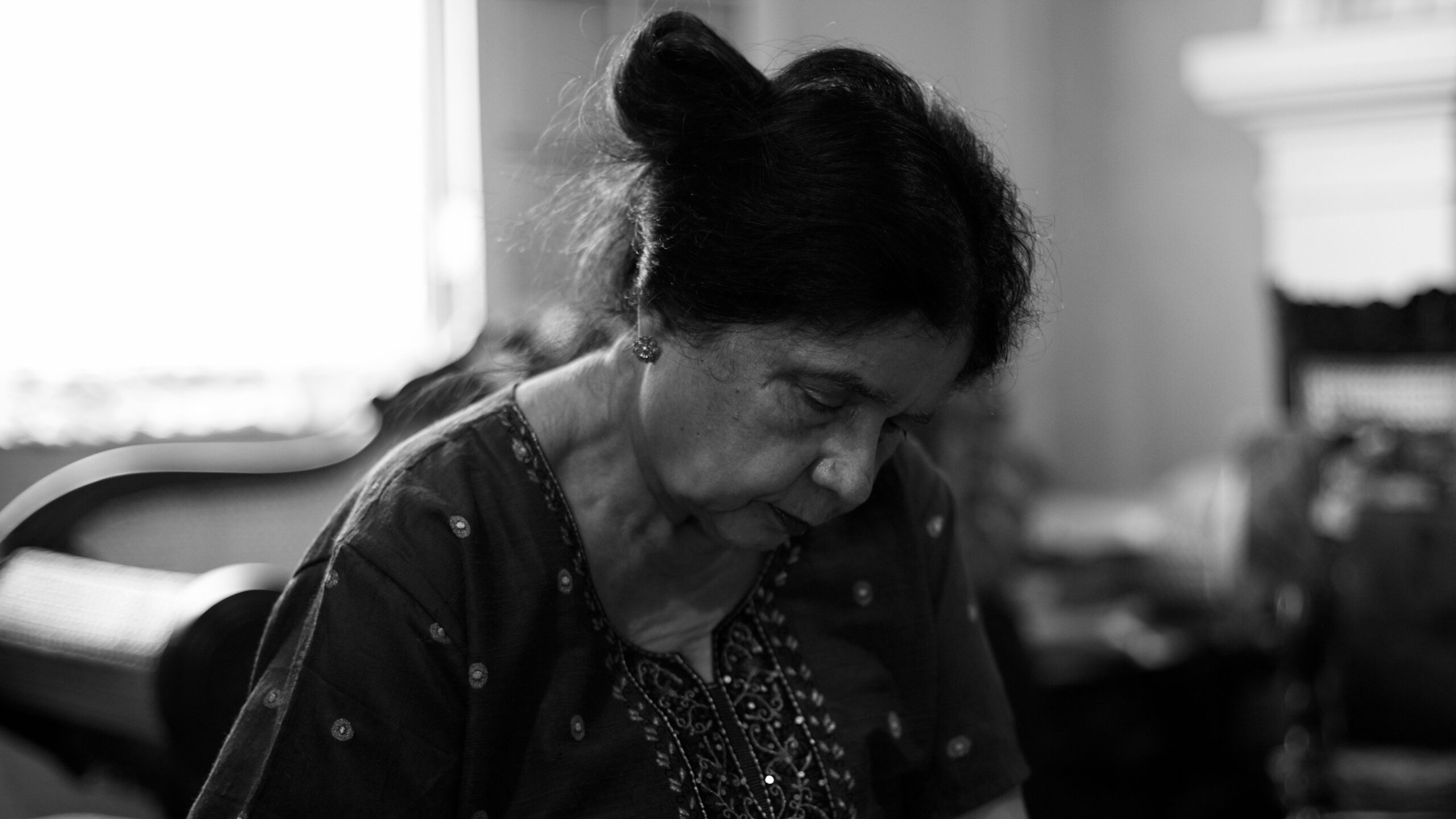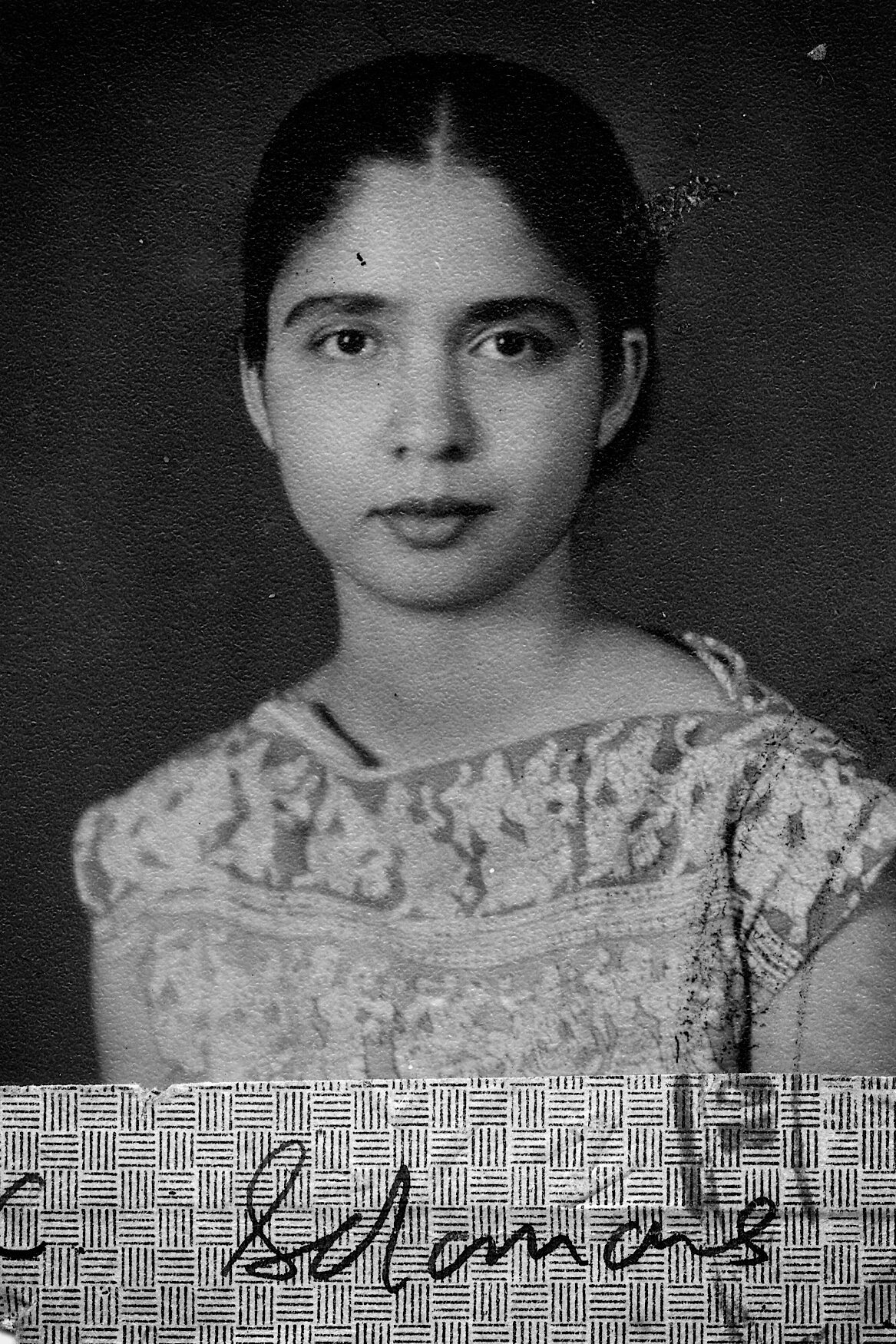

Transcript and translations
Language
Subjects discussed
We enjoyed life
I have no hierarchy. Burghers like to think that they have hierarchy. That they are pure Burgher, Dutch ancestry and all, but that’s a myth. It doesn’t really exist. And who knows about the Burghers anyway? Even in The Netherlands. Nobody.
I sometimes feel very lost and isolated, but they come to see me, my relatives as well as my old friends, come to see me as if it is a kind of shrine they come to visit. They come on a pilgrimage.
It’s only now, after writing A Nice Burgher Girl, that people are aware that there are so many different aspects to Burghers. Because I was talking about my childhood.
My father introduced us to different cultures. Every evening friends visited you. We sat down and had ginger beer and ginger ale, and the men had their whisky. The ladies chatted on the veranda or in the hall. We Burghers appreciate everything that belongs to everybody.
Kanabona minnissu? As Michael Roberts calls us, kanabona minissu? We enjoyed life!
Now I find that we are very closed-in. We make excuses that we don’t have time … enough time to talk to people or mix with people. And we have things do with our lives. But in the past it was just a life of friendship, and entertaining and going out to dinner and lunch and…spending the day. “Come and spend the day with us!”
So you go in the morning and then card games and having singsongs. The table is laid with everything under the sun. Yellow rice, ghee rice, chicken curry, beef curry. Ham. At home of course we didn’t eat thosai and iddli and all the rest of it; that was only much later on.
No politics coming at all. I didn’t know what it was to be part of an imperial colony or anything like that because they were all part of our house. We had all these colonials, you know, wanderers, as I said, Konradian characters who came, loved my father, then the planters… So I was able to experience different lifestyles. And I listened. I listened. I watched. I observed. I listened.


Comments
Leave a comment